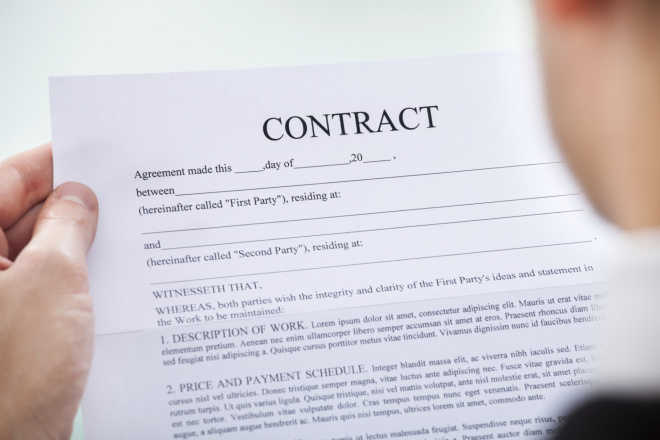Understanding the Legal Process for Cancelling a Will in the UAE
A non-Muslim man in the UAE is seeking to revoke a will he made in favor of his ex-wife following their divorce. The will, which was authenticated by the competent authorities two years ago, allocated all his assets to his former spouse. Now, he wishes to cancel the will and create a new one in favor of his children. This raises important questions about the legal process for revoking a will, the rights of the testator, and whether the ex-wife can object to the cancellation.
Can a Will Be Revoked After Divorce?
Yes, a testator (the person who made the will) has the legal right to revoke or amend their will at any time, even if the beneficiary (in this case, the ex-wife) does not agree. This right is protected under UAE law, specifically Article 29 of Cabinet Resolution No. 122 of 2023, which outlines the conditions under which a will can lapse or be revoked.
Legal Grounds for Revoking a Will
According to Article 29, a will can be revoked or considered lapsed in the following circumstances:
- Revocation by the Testator: The testator can cancel the will, provided the revocation is registered with the relevant authority.
- Creation of a New Will: If the testator creates a new will that contradicts the original, the old will is automatically revoked.
- Disposal of Testate Property: If the property mentioned in the will is sold or transferred, the will becomes invalid.
- Death of the Beneficiary: If the beneficiary passes away before the testator, the will is no longer valid.
- Destruction of Testate Property: If the property specified in the will is destroyed, the will lapses.
- Bankruptcy of the Testator: If the testator declares bankruptcy during their lifetime, the will is revoked.
- Renunciation by the Beneficiary: If the beneficiary or their guardian renounces the will, it becomes invalid.
- Murder of the Testator: If the beneficiary kills the testator, the will is automatically revoked.
Steps to Revoke a Will in the UAE
1. Visit the Relevant Authority
The cancellation of a will must be done in front of the same authority where it was originally authenticated. In the UAE, this could be:
- The Notary Public of Dubai Courts.
- The Dubai International Financial Centre (DIFC) Wills Service.
2. Submit a Cancellation Application
The testator must submit an application for cancellation, providing details of the original will and the reasons for revocation.
3. Register the Cancellation
Once the cancellation is approved, it must be registered in the official register to ensure it is legally recognized.
4. Create a New Will (Optional)
After revoking the old will, the testator can choose to create a new will in favor of their children or other beneficiaries. The new will must also be authenticated by the relevant authority.
Can the Ex-Wife Object to the Cancellation?
No, the ex-wife does not have the legal right to object to the cancellation of the will. The right to revoke or amend a will lies solely with the testator. Even if the ex-wife possesses an original copy of the will, it becomes invalid once the cancellation is registered.
Key Considerations for Revoking a Will
1. Timely Action
It is advisable to revoke the will as soon as possible after a significant life event, such as a divorce, to avoid complications.
2. Proper Documentation
Ensure all documents related to the original will and its cancellation are properly maintained and submitted to the relevant authority.
3. Legal Assistance
Consulting a legal expert can help ensure that the revocation process is completed correctly and in compliance with UAE laws.
Conclusion
Revoking a will after a divorce is a straightforward process in the UAE, provided the testator follows the proper legal procedures. By visiting the relevant authority, submitting a cancellation application, and registering the revocation, the testator can ensure that their wishes are accurately reflected in a new will. The ex-wife has no legal grounds to object to the cancellation, and the testator retains full control over their assets.
For those considering revoking or amending a will, it is essential to act promptly and seek professional guidance to navigate the process smoothly.





